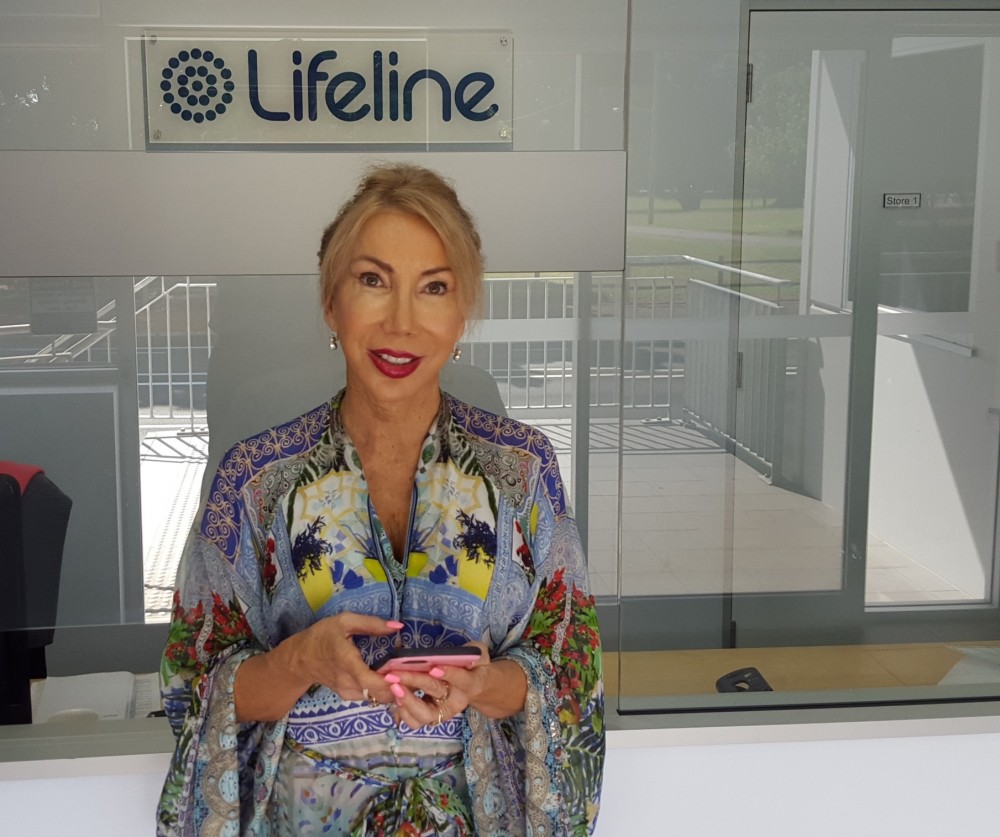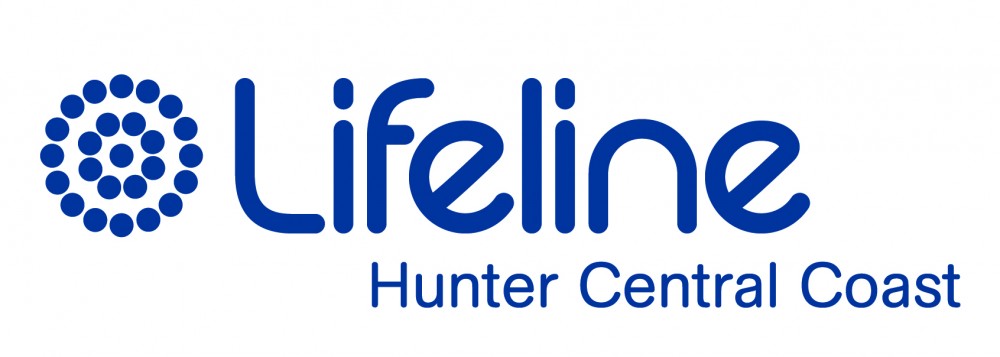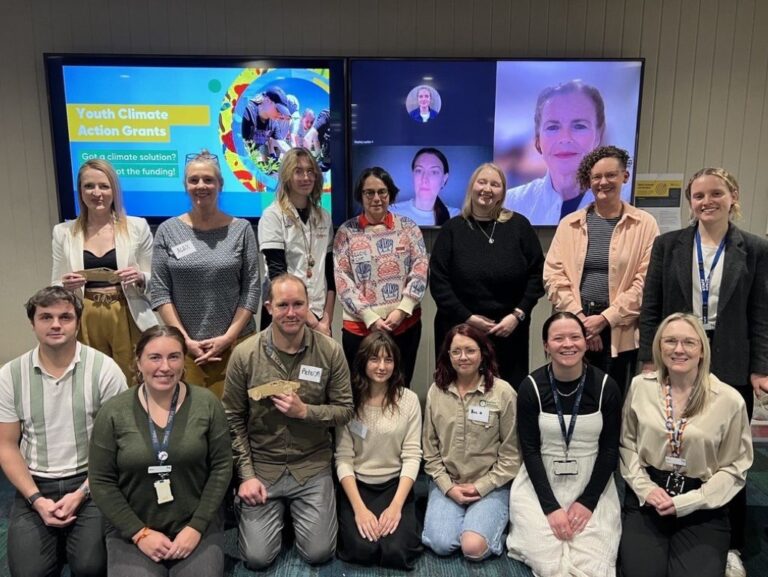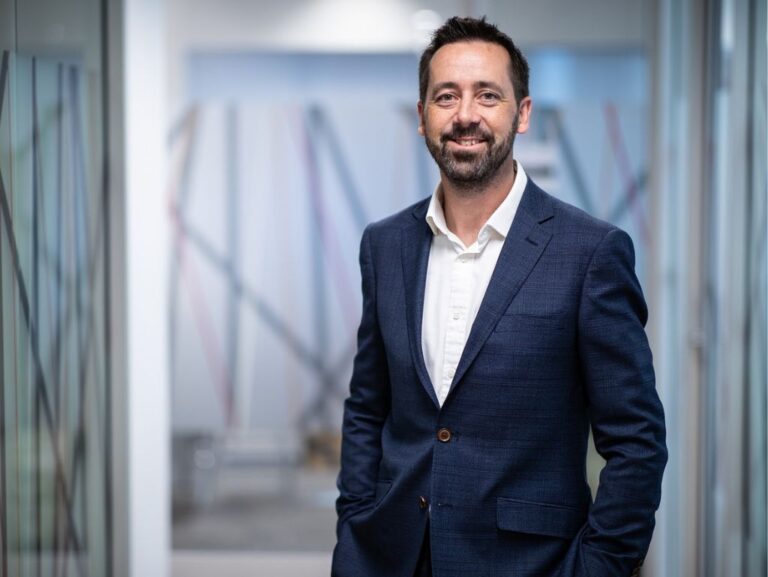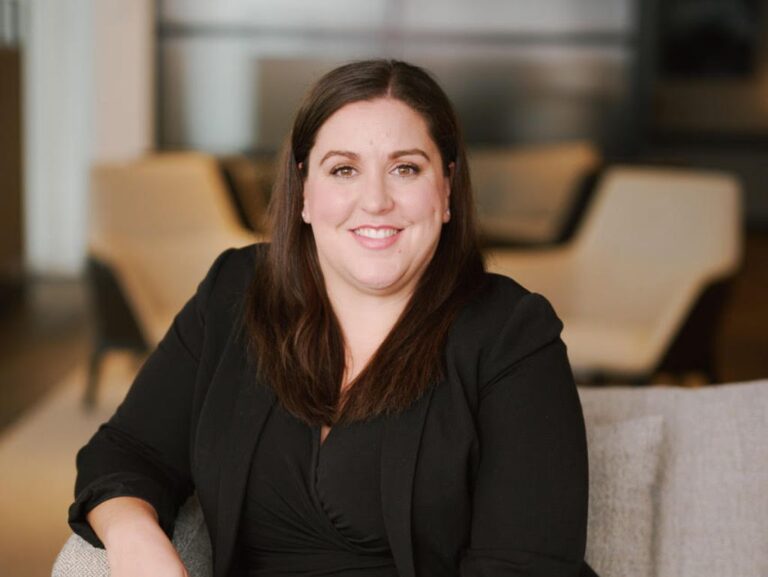Gillian Summers has worked across the private sector, large and small government, and now in the not-for-profit sector. She became Lifeline Hunter Central Coast’s CEO in November 2015, where she’s combined her business acumen with a passion to help those in crisis and pain.
Gillian previously served as a volunteer on the board for Lifeline and is probably best known for her seven-year role as CEO of Hunter Economic Development Corporation. Other organisations that have benefited from Gillian’s expertise include Forgacs and Qantas.
People describe Gillian as someone who makes things happen and is a great connecter of people and ideas.
- Tell us about your career path.
My first love was writing for all different audiences. I parlayed that into marketing management for Qantas based in Sydney. That led me to original development and CEO of the Hunter Economic Development Corporation in my own region. From there, mining, manufacturing, and ship building in our region. Then, a bit left field, to not-for-profits and to Lifeline. I’m used to climbing up masts, looking at other worlds, and deciding I’ll go over there.
- Could you describe your leadership style and who and what has influenced it?
I’m a tribal leader. I like to muck in when there’s a great challenge for the organisation. I’m an innovator, but I have to be a bit careful so that I don’t go too big, bright and shiny all the time. I believe in sharing everything I can with my staff, both the pain and the glory. The person who has really influenced me is Gary Webb, who was a former Chairman of Lifeline and his amazing ability to bring in process. I’m all about outcomes, but demonstrating how process gives you the outcomes that you’re wanting.
- What is the key challenge facing not-for-profits and how can businesses help?
The key challenge is that there is so many people to help and so little time, money and resources to do it. If you take Lifeline for instance, over 3,000 Australians see no other way than to take their own lives every year. Here in the Hunter and the Central Coast, we’ve estimated we save about 6,000 lives a year.
My recommendation to business would be to find a cause in the community that you are passionate about that somehow connects and engages you, and then reach out. There are so many organisations who are out there helping and there are so many ways that you can tap in not just for their good, but also for your brand.
- What do you think makes business unique in the Hunter?
It’s our heritage. The fact that we’ve had to do everything ourselves. We’ve grown up as an autonomous community with resources like coal and steel. We’ve got a three-shift culture. Our people are very down to earth, pragmatic, and we’ve been able to springboard from that and go into world-class industries where we are exporting to the world. At the same time, as BHP closed, suddenly the veil was lifted on an environmentally beautiful place on the coast with our beaches. So we’ve also been able to offer people a lifestyle and of course, build on our tourism assets.
- What local business leader do you find inspiring?
The one who is top of mind for me at the moment is Kristen Keegan, former CEO of Hunter Business Chamber. Kristen was unique. She had the most amazing communication and business skills combined with passion and the utmost in cheekiness. Kristen always punched above her weight, but what that did for the Hunter was it made us look very large on the horizon nationally, and she did it in such a clever and prestigious way.
I’d also like to acknowledge Mark Hughes. Kristen passed in 2017 from brain cancer. I also really admire the work of Mark Hughes in brain cancer and in raising funds for that very, very important cause.

